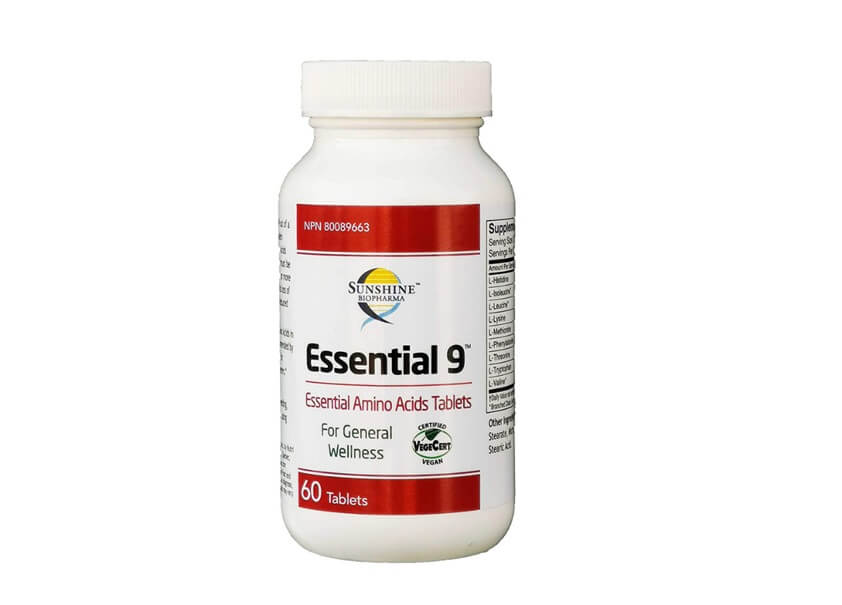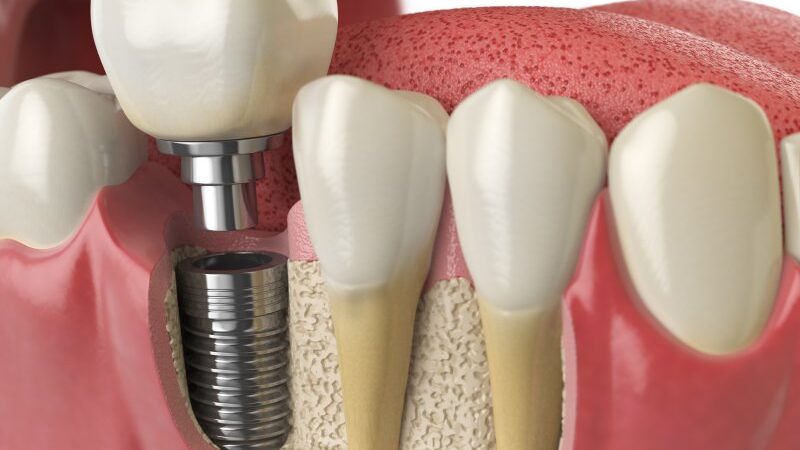Things You Need to Know About 9 Essential Amino Acids

Do you want to live a good and healthy life? First, you need to add 9 essential amino acids to your regular diet.
Essential Amino Acids are building blocks of life. They are involved in many body functions such as protein synthesis, mood regulation, and increased cognitive function.
Below are a few key benefits of using essential amino acids.
- Essential Amino acids provide a great source of energy to the brain
- They also help to increase mood and decrease mental fatigue
- Essential amino acids improve protein synthesis
- Memory skills are enhanced when you take in essential amino acids
To get the most out of your workout session, it is important to consume Essential Amino Acids before and after your workout session or training sessions (depending on the type).
Here is the list of 9 essential amino acids for a healthy diet.
1. Histidine
Histidine is one of the essential amino acids humans need to get from food. Histidine is found in protein foods like meat, poultry, eggs and dairy products. However, the body can also synthesise histidine from other amino acids like glutamic acid and cysteine.
It has been found that histidine helps promote overall brain function and proper sleep patterns in adults and children.
2. Isoleucine
The isoleucine amino acid is one of the essential amino acids. It is used in many different food groups. It has significant roles in protein synthesis and maturation, cellular metabolism, and energy metabolism.
The structure of this amino acid allows it to be incorporated into peptide chains by transamination reactions. It can also be converted to energy via the tricarboxylic acid cycle (TCA cycle).
3. Leucine
Leucine is considered an essential amino acid because it is needed to produce an essential amino acid called methionine. Therefore, leucine can be used in dieting to lose weight, improve athletic performance, and protect against disease.
The amount of leucine in a person’s diet has a significant impact on the muscle mass they have.
4. Lysine
Lysine is also one of the essential amino acids humans need to survive. It is also used as a growth promoter and feed additive in animal feed. Lysine is present in the egg, milk, lean meat, fish, beans and peas.
Lysine deficiency is quite common and can cause severe problems like anemia. Lysine synthesis occurs primarily in the liver, kidney, and small intestine. However, it is also synthesised by some mammary gland cells, specifically those involved in milk synthesis.
5. Methionine
One of the essential amino acids that are used for building proteins in the body. Methionine is found in eggs, meat, fish, poultry, and dairy products. Methionine helps in the synthesis of proteins, hormones and neurotransmitters. Methionine also helps in the production of DNA and RNA.
It is vital for the proper functioning of our bodies. It helps in protein synthesis and metabolism and is used in the synthesis of other proteins.
6. Phenylalanine
It is used to form proteins and hormones such as dopamine and epinephrine, necessary for human health. It is also a precursor to the neurotransmitter norepinephrine, which plays a role in attention, memory, learning, and mood.
7. Threonine
Threonine has a role in brain development and maintenance of physical exercise. Threonine is also thought to have a role in preventing asthma, epilepsy, rheumatoid arthritis, fibromyalgia, depression, schizophrenia and Alzheimer’s disease.
Threonine may also help treat chronic fatigue syndrome (CFS) and chronic obstructive pulmonary disease (COPD).
8. Tryptophan
The lack of tryptophan in the diet can cause stress, depression and a host of other health risks. It is used in various biochemical processes, including breaking down proteins and synthesising serotonin, melatonin and niacin.
Tryptophan is also found in some foods, notably dairy products, eggs and poultry.
9. Valine
Valine plays an important role in the synthesis of proline and glycine. It also acts as a precursor to purines that are used to make DNA and RNA.
Valine also has anti-inflammatory effects on the body, which can help with arthritis pain and rheumatic diseases like rheumatoid arthritis and gout.
If you want to maintain your health, you need to consume a fair amount of 9 essential amino acids regularly.







